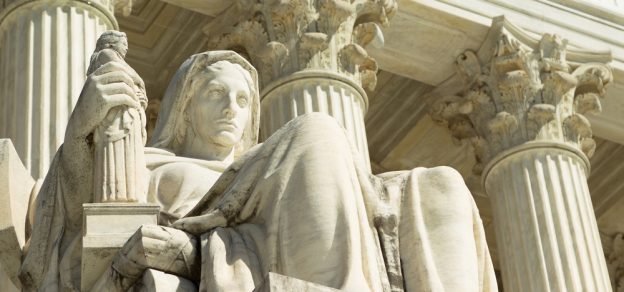On April 2, 2018, the U.S. Supreme Court issued an opinion involving the Fair Labor Standards Act (“FLSA”). Enacted in 1938, the FLSA is a federal statute that requires, inter alia, employers to pay covered employees who work more than 40 hours in a week time and a half. But the FLSA excludes many categories of employees from this requirement, and only employees who are “exempt” from the FLSA are permitted to work overtime without receiving extra pay. While there are numerous exemptions under the FLSA – including managerial, administrative, and professional employees – disputes often arise in determining who is eligible to receive overtime pay. This difficulty often translates into lawsuits that require a court to analyze an employee’s specific job duties to determine whether they are in fact eligible to receive overtime or are otherwise exempt from the FLSA’s requirements. For the past 50 years, courts have interpreted the FLSA’s exemptions narrowly to the benefit of employees. However, in Encino Motorcars, LLC v. Navarro, 138 S. Ct. 1134 (2018), the Supreme Court rejected the established principle of narrow construction that could bring an expanded reading of the FLSA’s exemptions.
Encino Motorcars involved group of automobile service advisors employed at a Mercedes-Benz dealership in California. These employees filed a lawsuit against their employer alleging that they did not fall within an enumerated FLSA exemption and that they were entitled to overtime pay for hours worked over 40 in a work week. The exemption directly at issue excludes from the overtime requirement “any salesman, partsman, or mechanic primarily engaged in selling or servicing automobiles . . . if he is employed by a nonmanufacturing establishment primarily engaged in the business of selling such vehicles ….” The general responsibilities of these specific automobile service advisors were to meet with customers, suggest repair and maintenance services, sell new accessories or replacement parts, and follow up with customers after the services are performed.
In a 5-4 opinion, the Supreme Court found that service advisors are salesman who are primarily engaged in servicing automobiles because they sell automobile maintenance and repair services. The majority found it to be irrelevant that service advisors do not actually spend most of their time physically repairing automobiles, holding that “the best reading of the statute” is that service advisors fall within the exemption.
Notably, the decision in Encino Motorcars tossed aside the longstanding view that the FLSA must be construed narrowly. As Justice Ruth Bader Ginsburg wrote in her dissent, “the Court ‘rejects’ this longstanding principle as applied to the FLSA … without even acknowledging that it unsettles more than half a century of our precedent.”
Although its implications outside of the automobile industry are yet to be determined, the Supreme Court’s decision could have far-reaching effects both for employees and employers in arguing claims under the FLSA for overtime pay.
For more information about the Court’s decision and how it could apply to you or your business, please contact us online or call (631) 589-7242.
